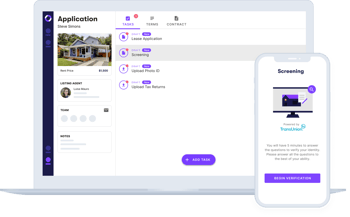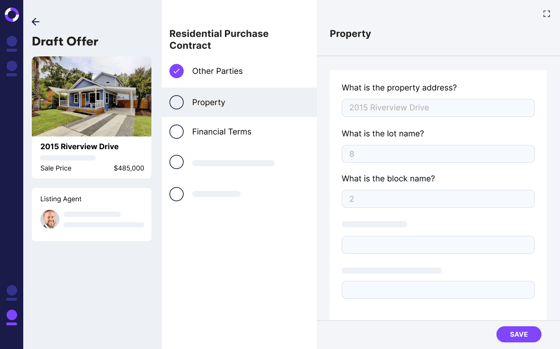
As a real estate agent, adding rentals to your existing purchase and sale business can be a smart move. Not only does it diversify your revenue streams, but it can also lead to additional referrals and repeat business from satisfied renters.
In this blog post, we will discuss an introduction to adding rentals to your business and tips for getting started.
Introduction to Adding Rentals to Your Business
Adding rentals to your business involves managing rental properties for landlords and helping renters find suitable properties to rent. As a real estate agent, you can earn commission on both ends of the transaction, making it a profitable venture. Some of the key benefits of adding rentals to your business include:
- Diversifying your revenue streams
- Building long-term relationships with landlords and renters
- Generating additional referrals and repeat business
- Expanding your network and industry expertise
Tips for Getting Started
If you are interested in adding rentals to your business, here are some tips to help you get started:
Obtain the necessary licenses and certifications
Before you can start managing rental properties, you need to obtain the necessary licenses and certifications required by your state. In many cases, if you are already a licensed real estate agent, you don't need additional licensing. But in some cases, you do. In Texas, for example, you will want to earn your Texas Residential Leasing Specialist (TRLS) certification.
Build relationships with landlords
Building relationships with landlords is key to growing your rental business. Attend local networking events, join landlord associations, and market your services to property owners in your area.
Build a network of renters
In addition to building relationships with landlords, it's important to build a network of renters. Advertise your rental services on your website, social media, and other platforms where renters are likely to search for properties.
Market your rental properties
Once you have rental properties under your management, market them effectively to attract potential renters. Use high-quality photos and descriptions, list them on rental websites, and use targeted advertising to reach your ideal audience. In short, treat them like you would a sale listing.
Stay up-to-date on rental regulations
As a rental agent, you need to stay up-to-date on rental regulations in your state and local area. This includes understanding tenant rights, landlord obligations, and fair housing laws. You may also need to complete continuing education credits in your state.
Offer exceptional customer service
Providing exceptional customer service is crucial to building long-term relationships with landlords and renters. Be responsive, professional, and knowledgeable, and go above and beyond to exceed expectations.
 Use a single platform for managing purchases/sales and leases
Use a single platform for managing purchases/sales and leases
Technology is supposed to make our work easier, not more complicated. So be sure to look for software solutions that allow you as much as possible in one platform. Jointly, for example, allows you not only to write offers for buyers and compare offers for sellers, it also includes rental applications, lease agreements, and tenant screenings.
Conclusion
Adding rentals to your existing purchase and sale business can be a smart move for real estate agents. It can diversify your revenue streams, build long-term relationships, and generate additional referrals and repeat business. By following these tips and staying up-to-date on rental regulations, you can successfully expand your business and offer a valuable service to landlords and renters alike.






